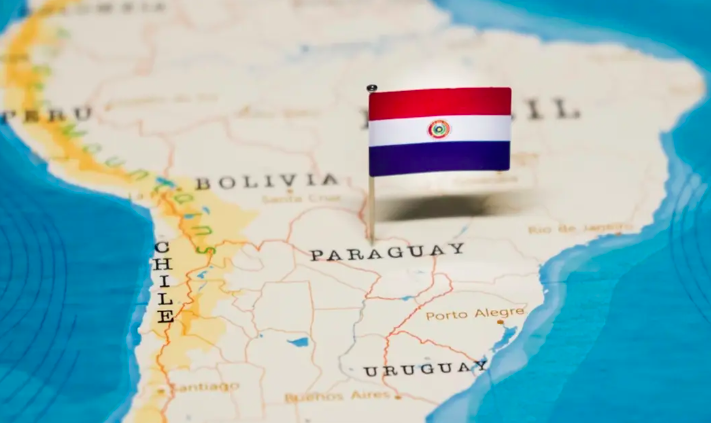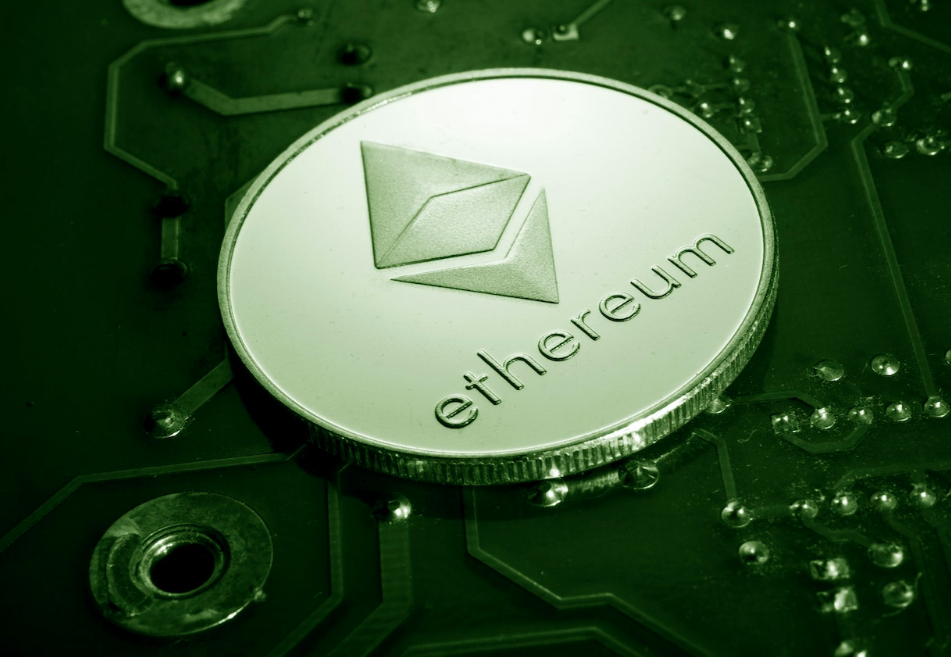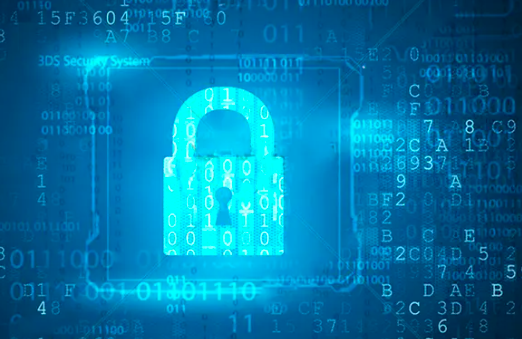
President of Paraguay vetoes crypto regulation law

Paraguay's president, Mario Abdo Benítez, vetoed a bill that sought to recognize cryptocurrency mining as an industrial activity on Monday. He reasoned that mining's high electricity consumption could hinder the expansion of a sustainable national industry.
The decree stated that crypto mining uses intensive capital with low manpower usage, and therefore would not generate added value on par with other industrial activities. Around the world, cryptocurrency is one of the largest job creators. The LinkedIn's Economic Graph shows that crypto and blockchain jobs listing rose 615% in 2021 compared to 2020 in the United States.
In accordance with the bill's sponsor, Senator Fernando Silva Facetti, the law aimed to promote crypto mining through the use of surplus electricity, but the Paraguayan government chose to ignore the activity in the country:
1# Hoy recibimos de @PresidenciaPy el VETO TOTAL a Ley “Que regula la minería, comercialización, intermediación, intercambio, transferencia, custodia y administración de #CRIPTOACTIVOS” ignorando existencia de esta actividad que hoy funciona en la sombra normativa. (abro hilo)
— FernandoSilvaFacetti (@FSilvaFacetti) August 30, 2022
The Paraguayan Senate ultimately approved the proposal on July 14, recognizing crypto mining as an industrial activity. They established a 15% tax on its related economic activities, but the decree sees the brackets as an indirect incentive to the industry. It says:
"By subordinating the rate applicable to the users of crypto miners to just a small percentage above the current industrial rate, an indirect industrial incentive would be offered to crypto mining."
According to the document, in the last twelve months, the industrial investment grew by 220% in the country to $319 million USD, while the GDP increased more than 4% in the past five years. If this rate continues, the national industry could require the total amount of energy produced and available in the country in order to remain sustainable.
"If Paraguay wants to intensify crypto mining today, in the next four years it will be forced to import electricity", the decree said.
The bill approved by the Senate stipulates that miners would have to apply for a license and request authorization for industrial energy consumption. It also established the Ministry of Industry and Commerce as the primary law enforcement authority and the Secretariat for the Prevention of Money or Asset Laundering to supervise crypto investment companies.
The low-energy costs in Paraguay have spurred local and foreign companies to install mining infrastructure in the country since 2020. In December 2021, household electricity costs were $0.058 per kWh and business electricity costs were $0.049 per kWh, according to global petrol prices reports.



